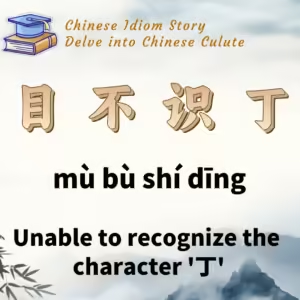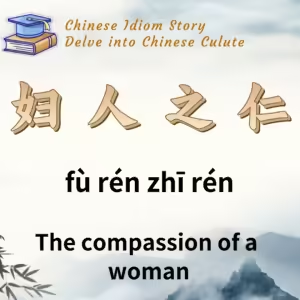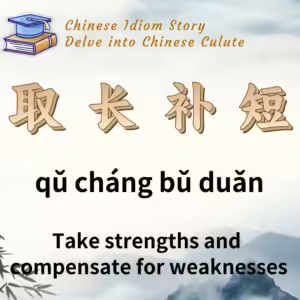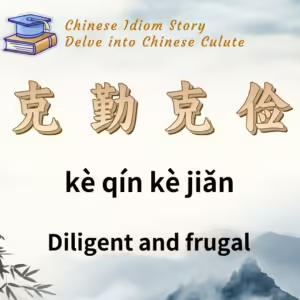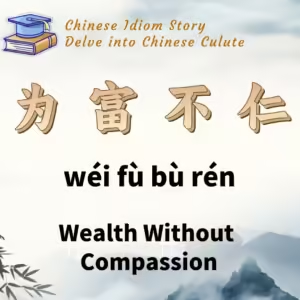
Chinese Idiom: 为富不仁 (Wei Fu Bu Ren)
English Translation: Wealth Without Compassion
pīn yīn: wéi fù bù rén
Idiom Meaning: Describes individuals who, in their pursuit of wealth, are ruthless and lacking in compassion. They exploit others to become rich, showing no kindness or concern for their well-being.
Historical Source: Mencius (《孟子·滕文公上》)
Idiom Story
After the death of Duke Ding of Teng, his son, Duke Wen of Teng, succeeded him. One day, Duke Wen sought advice from Mencius on governing the state.
Mencius advised him, saying, “Matters concerning the people cannot be delayed… Therefore, wise rulers are always respectful, frugal, and courteous, implementing a regulated system for taxation. Yang Hu of the state of Lu once said, ‘To become wealthy, one cannot be benevolent; to be benevolent, one cannot become wealthy.’”
This meant that caring for the people is the most important task. Wise rulers manage affairs with diligence, save resources, and treat their subordinates with courtesy, especially in regulating taxes with a proper system.
Yang Hu’s statement, suggesting that the pursuit of wealth requires a lack of compassion and vice versa, later evolved into the idiom “为富不仁” (Wealth Without Compassion). It is used to describe those who exploit others mercilessly in their quest for wealth.


